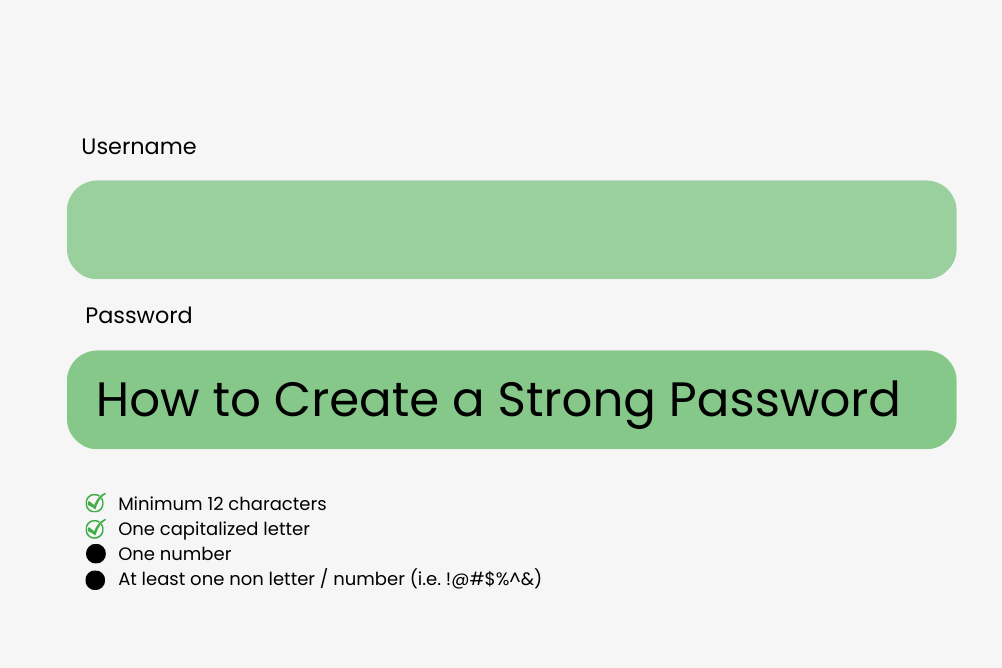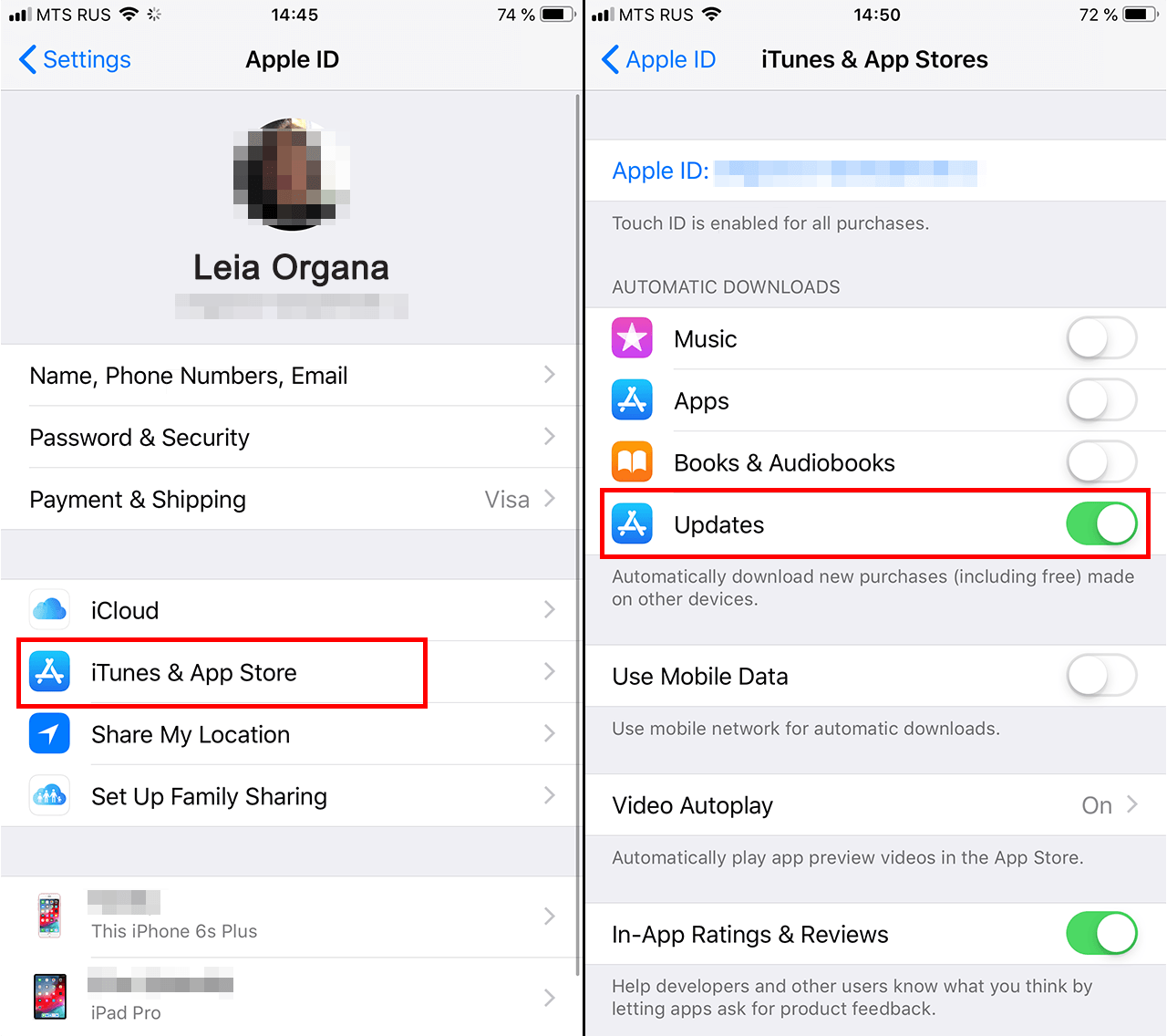-
How To

How to Set a Strong Password
Your password is the first line of defense against hackers, so having a strong one is very important.…
Read More » -
How To

How to Reset Your Email Password
Forgetting your email password happens to everyone at some point. The good news is, resetting it is quick and…
Read More » -
How To

How to Use Google Search More Effectively
Google is the most popular search engine, but many people don’t know how to use it to its full…
Read More » -
How To

How to Connect to Wi-Fi on Different Devices
Connecting to Wi-Fi is essential for browsing the internet, streaming, or working online. Here’s how you can do…
Read More » -
How To

How to Update Apps on Android or iPhone
Updating your apps is important because it gives you access to the latest features, bug fixes, and security improvements.…
Read More » -
How To

How to Take Better Selfies
Selfies have become a fun way to capture memories, share moments, and express yourself. But not every selfie turns…
Read More » -
How To

How to Use WhatsApp Like a Pro
WhatsApp is one of the most popular messaging apps in the world. While most people use it for chatting…
Read More » -
How To

How to Get Pregnant Fast
Many couples dream of starting a family, and while getting pregnant can happen quickly for some, it may…
Read More » -
How To

How to Make Money Online
The internet has made it possible for people to earn money from the comfort of their homes. Whether you’re…
Read More » -
How To

How to Get Pink Lips Naturally
Many people desire soft, pink lips as a sign of health and beauty. However, lips can darken due…
Read More »
